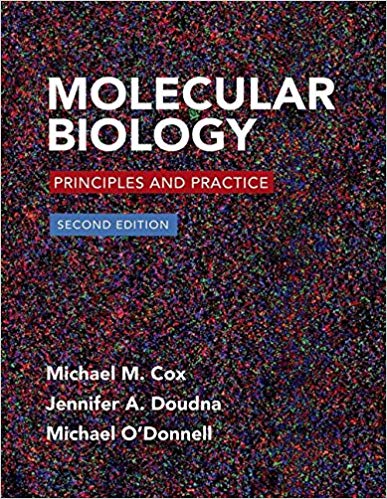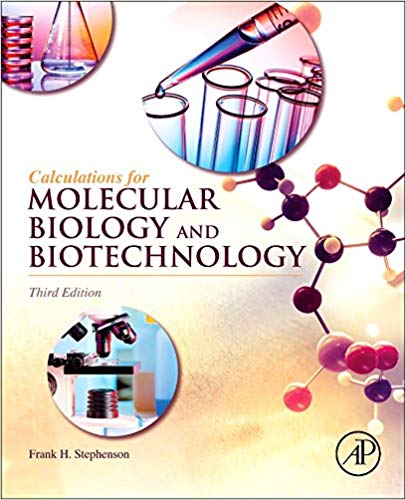|
The
lecture portion
of the course (see combined lab-lecture
syllabus) serves two purposes; note that the second purpose (see
below) is dictated by the laboratory experiments and project:
(1) to present the basic, core principles of molecular biology by way of protein-nucleic acid interactions within the conceptual frame-work of the Central Dogma functions with special emphasis on gene regulation.
Four
primary questions to scrutinize and answer are:
-
What
are the essential features and properties of nucleic acid and protein structure?
-
What are the essential features and properties of eukaryotic genes?
-
What
are the essential features and properties of genetic mechanisms for gene expression?
-
How
does understanding macromolecular structure and genetic mechanisms inform us
about the functional interactions of the "Central Dogma" (replication, transcription, translation, and gene regulation)?
(2) to provide
a solid theoretical
basis not only for methodology used in the laboratory projects, but also hypothesis
construction and testing by proper experimental design (i.e., the
scientific method used in molecular biology).
Three
primary questions to scrutinize and answer are:
-
What is the molecular, biochemical, and
genetic basis for any method or technique used in the lab?
-
How does the molecular, biochemical, and
genetic basis for a technique serve to explain its function in a
given lab context?
-
How does understanding the molecular,
biochemical, and genetic basis of techniques serve to aid in the
effective, intelligent design of experiments
for testing specific hypotheses?
We
will
integrate major
concepts to show the unity in the various components of molecular
biology (physics, chemistry, biochemistry, genetics). Every attempt will be made to collect details into regular, concept-based patterns that form the over-arching themes and principles of molecular biology.
Yes, these patterns and themes exist! Reductionism will lead to Holism and increased awareness of how sets of regularly repeating themes and
patterns, first observed in macromolecular sequences, combine in myriad
ways to generate the wonderful, rich diversity of living organisms. In
other words, together we will try to get at least a glimpse of the
subtle variations in relatively simple biological structures, and how
these variations combine in numerous ways to contribute to a wonderful
and exciting biological complexity.
The lecture portion of the course
includess the necessary knowledge and understanding (mainly by way of the Central Dogma) needed to
pursue cogent experimental projects in the laboratory, including methods and the
interpretation of data and results. This approach also ensures that
you are maximally engaged in the process of science within
the discipline of molecular biology, as opposed to be becoming
pre-occupied with only the products of experimental work in
molecular biology.
The course should make you fully aware of the central role that
molecular biology plays in all areas of biological research.
Becoming knowledgeable and proficient in the philosophy and experimental
practice of molecular biology will provide you with a
solid foundation for pursuing and understanding other major areas of
biology such as genetics, cell biology, developmental biology, physiology, nuerobiology, and
evolution and ecology. All areas of biology are touched by
molecular biology, and all areas use its experimental methods and approaches.
The
lab portion of the course will engage
you in both basic and sophisticated techniques and methods of molecular biology.
The lab is designed to reflect the process of doing a research
project over the course of the entire semester. Please see the lab
& lecture syllabus for more information about the lab sessions and exercises.
The
lab portion of the course is a semester-long research project in
Genome Editing. It
consists of a series of integrated experiments organized
into "modules" (each module has one or more lab sessions):
1.
Basic assays and methods for working with DNA and enzymes for genetic and genomic engineering.
2. Design of PCR primers (theory and practice), and PCR of selected template DNAs to generate
clonable fragments and specicalized vectors for use in genome editing.
2. Cloning (includes Gibson cloning strategies and tactics) and gene
editing (by the newest methods - CRISPR for example) and sequencing of
target DNA fragments.
3. Bioinformatics of cloned, sequenced DNA fragments and genomes (all computer-based work
with specific programs).
4. Summarizing all results in a formal Lab Report based on the "Expanded Abstract" format.
|


